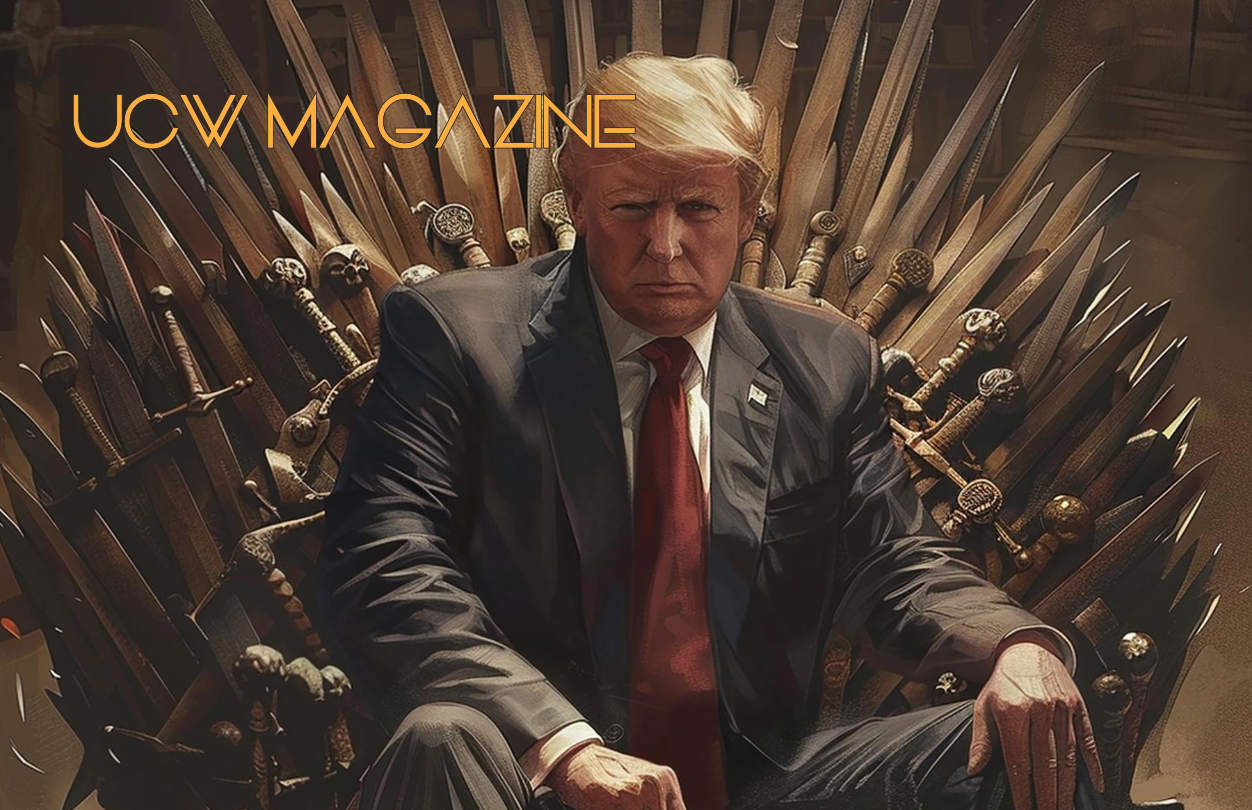In The Pages
Trump’s Return to Diplomacy and the Game of Thrones, Could He End the Russia-Ukraine Conflict?

As the world braces for a new chapter of U.S. leadership, the Russia-Ukraine conflict remains a contentious global issue. With President-elect Donald Trump set to take office on January 20, 2025, speculation is growing that he could be the key figure to bring an end to this devastating war. Trump, known for his unconventional negotiation style and assertive diplomacy, has positioned himself as a potential peacemaker in one of the most complex geopolitical crises of recent times.
President Biden’s Lame-Duck Decisions Spark Debate
With less than three months left in his presidency, President Joe Biden’s administration has expedited military aid and weapons funding for Ukraine, raising concerns among critics. The urgency of these measures, often pushed through during a lame-duck session, has sparked debate over the appropriateness of such actions so close to the transition of power.
Many argue that decisions with global ramifications, such as increasing NATO-aligned weapons shipments, should face stricter oversight, particularly when a new administration is poised to take control. “There must be guardrails to prevent outgoing administrations from making potentially harmful decisions during their final days,” said a political analyst. Critics warn that such actions risk escalating tensions between NATO and Russia, potentially igniting a broader global conflict.
The Need for De-escalation
As NATO nations increase their support for Ukraine, the calls for de-escalation seem to be drowned out by what some describe as “modern-day warmongering.” History has repeatedly shown how easily wars can spiral out of control, often with devastating consequences for all parties involved. From Napoleon’s military ambitions to more recent global conflicts, escalation rarely ends without significant loss and prolonged instability.
“This is a pivotal moment,” said Louis Velazquez of FGA Partners. “Instead of arming for war, we should be negotiating for peace and President Trump is the one that could make that happen.” Many believe that Trump, with his unique ability to leverage diplomacy and his strongman persona, could bring both sides to the table. The president-elect has consistently promoted his negotiation skills, emphasizing his willingness to “walk softly but carry a big stick” to achieve diplomatic settlements.
Trump’s Potential Role in Negotiating Peace
Trump’s approach to foreign policy has often been described as transactional yet effective. As president, he brokered historic agreements in the Middle East, showcasing his ability to navigate complex geopolitical landscapes. His return to the White House could see him applying similar tactics to the Russia-Ukraine war.
A senior political advisor suggested Trump might leverage a combination of economic incentives, sanctions relief, and direct talks with Russian President Vladimir Putin to facilitate a ceasefire. “Trump has the charisma and the clout to sit at the negotiation table and hammer out deals. His leadership could very well be the catalyst for a resolution,” they said.
Challenges and Risks
However, this path is fraught with challenges. Russia’s deepening ties with North Korea, particularly in terms of weapons and military resources, pose significant hurdles to diplomatic resolution. Additionally, the Biden administration’s accelerated weapons shipments have already set the stage for further confrontation, complicating Trump’s efforts to establish trust and broker peace.
Further fueling tensions is the speculation that Biden’s actions might be politically motivated, potentially aimed at undermining Trump’s incoming administration. If such allegations are substantiated, they could lead to investigations and further destabilize an already volatile situation.
A Global Game of Thrones
As the international community watches this real-life geopolitical chess match unfold, one thing is clear: the stakes couldn’t be higher. The world stands on the precipice of a broader conflict, and Trump’s leadership could be the key to pulling back from the brink.
“Peace, not war, must be the priority,” said international relations expert Kerry Ambrose. “The incoming administration has a chance to reset the trajectory and focus on diplomacy over escalation.”
For now, all eyes are on January 20, 2025. Trump’s tenure as 45th president was marked by bold decisions and unexpected outcomes. As 47th president, he could once again defy expectations—this time, by bringing peace to one of the most dangerous conflicts of our time.
Adele Simmons
UCW Magazine
































